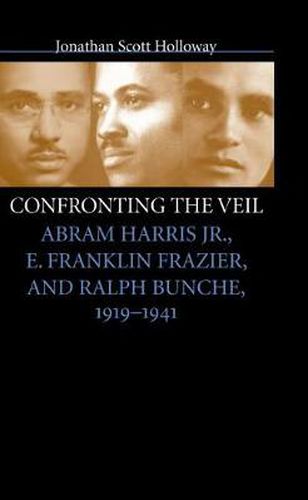In this book, Jonathan Holloway explores the early lives and careers of economist Abram Harris Jr., sociologist E. Franklin Frazier, and political scientist Ralph Bunche - three black scholars who taught at Howard University during the New Deal and, together, formed the leading edge of American social science radicalism. Harris, Frazier, and Bunche represented the vanguard of the young black radical intellectual-activists who dared to criticize the NAACP for its cautious civil rights agenda and saw in the turmoil of the depression a chance to advocate class-based solutions to what were commonly considered racial problems. Despite the broader approach they called for, both their advocates and their detractors had difficulty seeing them as anything but black intellectuals speaking on black issues. A social and intellectual history of the trio, of Howard University, and of black Washington, the book investigates the effects of racialized thinking on those who wanted to think beyond race - who envisioned a workers’ movement that would eliminate racial divisiveness and who used social science to demonstrate the ways in which race is constructed by social phenomena. Ultimately, the book sheds new light on how people have used race to constrain the possibilities of radical politics and social science thinking.
Read More





